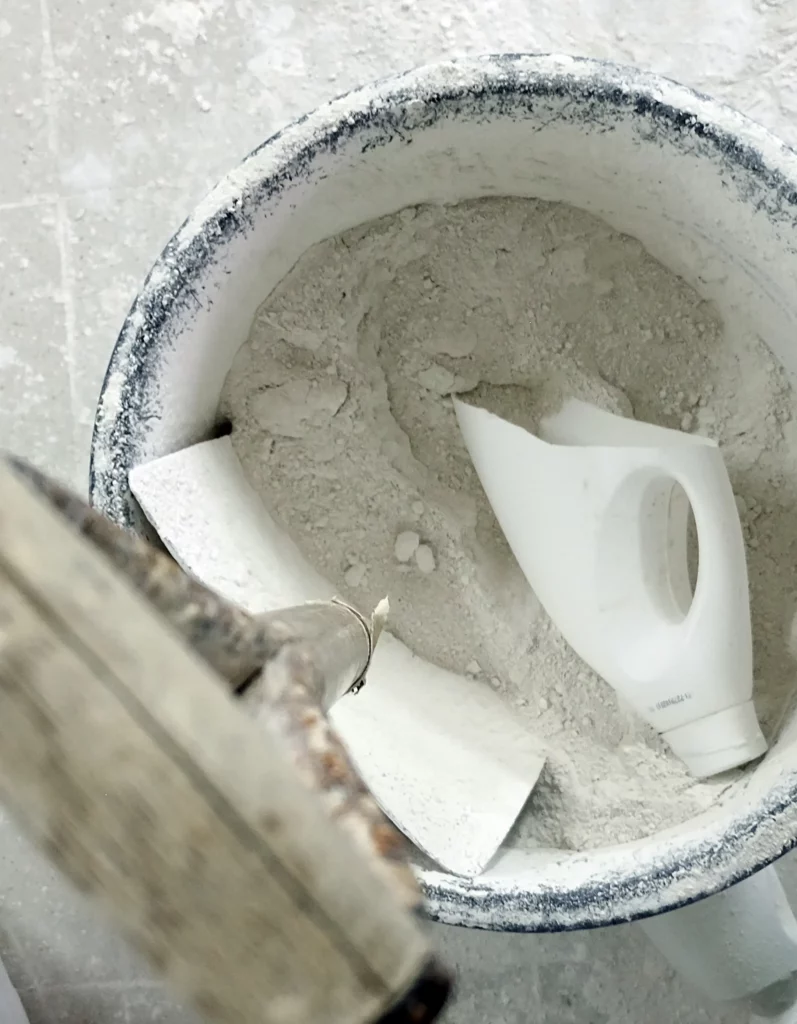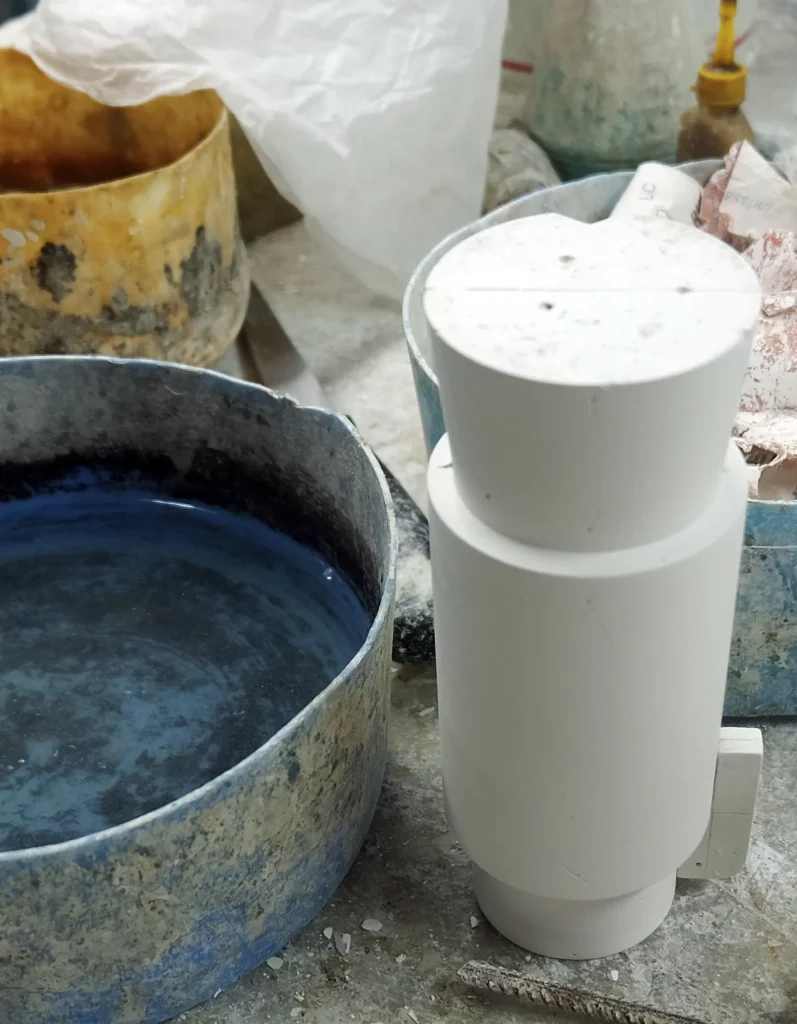Free Deliveries to all European Countries
|
5 years warranty
|
FSC®-certified
Free Deliveries to all European Countries
5 years warranty
FSC®-certified
Words and images by Form & Refine
The Alcoa ceramics line is inspired by Nordic design traditions, but made of the finest white clay from Portugal and produced by highly skilled craftsmen there. This combination of local and Nordic tradtions results in a beautifully simple and durable ceramics product.
Portugal has a long, cultural tradition of ceramic pottery due to their natural access to clay. Today, the traditions are still important to the culture. Ceramic tiles are omnipresent in the streetscapes of Portugal. Our local partner is a small pottery situated in the region of Alcobaça, whose skills and knowledge of the material and craftsmanship have been passed down to them through the centuries. Every piece is thoroughly inspected and finished by hand.
The aim of the Alcoa line has been juxtapose and contrast. The taut, geometrical design challenges the rugged nature of the clay. The unembellished exterior reminds us of the tactility of nature in opposition to the sleekness of that which is man-made.
Stoneware as a Material
Our Alcoa line is made of sustainable stoneware. Its is durable, waterproof and comfortably rugged to the touch.


– A Product of Portugal
We are deeply fascinated by the use of ceramic tiles in Portuguese architecture. There are glazed tiles everywhere; on houses, churches and in the surrounding gardens – even the names of the streets are displayed on tiles artfully painted by hand. Portugal has a natural source of fine clay and their rich ceramics culture dates as far back as the 13th century. Our ceramics are designed with Nordic design traditions and produced by highly skilled craftsmen in Portugal.
Partners in Pottery
We decided to partner with a small pottery located in the region of Alcobaça. The region has a natural richness of fine white clay which has cradled a strong pottery culture. The pottery factory has progressed with the changing times, meaning they combine the newest technology of 3D prints while still making use of the handcrafted traditions –every piece is finished by hand by the highly skilled craftsmen. This delicate balance between the modern and the classical methods gives new possibilities within ceramics and form.
The Material
Humankind has created and utilized clay pottery across every continent and culture for more than 20,000 years. Clay is an organic material that occurs over time when water and carbonic acid are trapped inside the mineral structure of rock. It is soft and malleable and when fired at a high temperature it becomes ceramic which means permanently hard.
Ceramics can be divided into different categories depending on the quality of the clay. The most common types are defined as earthenware, stoneware and porcelain.
Earthenware is often red or orange in hue and fired at the lowest temperature. This results in a hardened but brittle material which is slightly porous. Stoneware is fired at a higher temperature and is therefore denser and more durable as well as waterproof. Porcelain, fired at a very high temperature, is often though of as being the finest quality. However, porcelain products are often very delicate.
Quality Choice
Just like in the fairytale Goldilocks where the titular character picks the porridge that was just right, we found that the golden mean was the way to go. The Alcoa ceramics line is made from the finest Portuguese stoneware, fired in an oven at approximately 1200 degrees Celsius for a period of 24 hours making it durable enough for everyday use.
It was imperative for us to create products that were visually pleasing but retained a tactility that could convey our reverence for the material’s natural properties.
In fact, the central theme of the Alcoa ceramics line has been its navigatation within a space of contrasts. Straight and simplistic lines from the Nordic design language combined with soft and rounded shapes of a southern design temperament.
The inside of the Alcoa ceramics has a lustrous glazing. This makes it 100% waterproof but also draws attention to the raw surface of the exterior that serves as a reminder that nature is ever present.